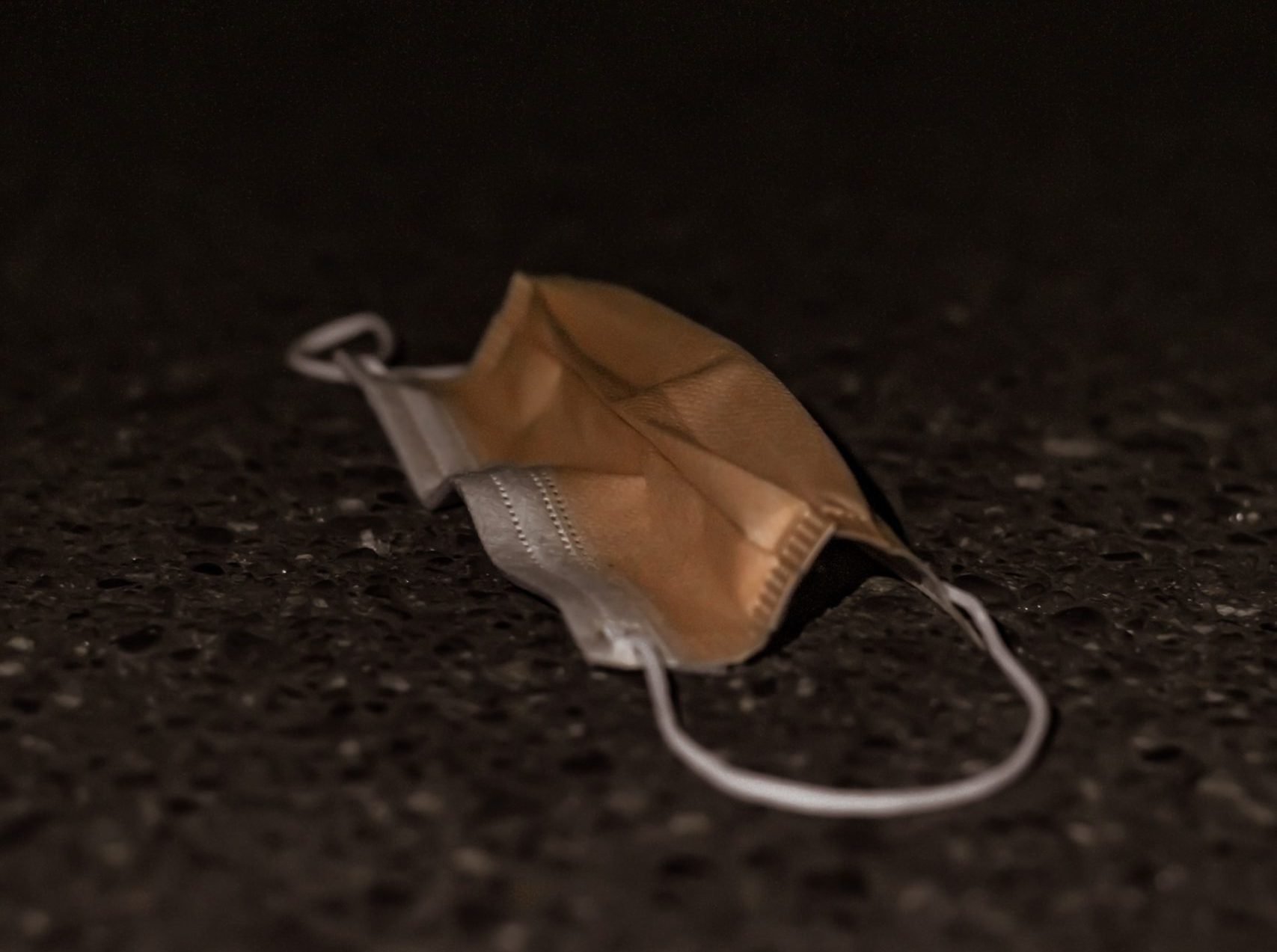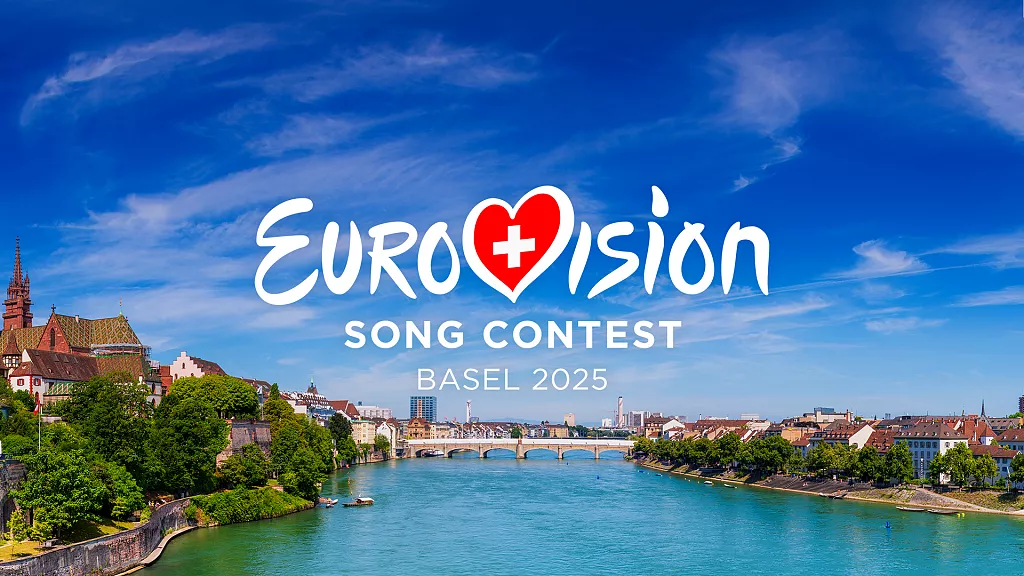England and Northern Ireland have relaxed self-isolation rules for people who have had two COVID-19 vaccine jabs who come into contact with someone infected with the virus.
The new non-mandatory advice is to take a PCR test to confirm whether they have been infected themselves – a far cry from the 10 days of quarantine they were previously forced to undergo.
Other advice includes wearing a mask in enclosed spaces and limitation of contact with others, especially the clinically vulnerable.
The guidance also applies to those under 18, whether they have taken the vaccine or not.
The changes had already been implemented in Scotland and Wales.
The changes follow a ‘crisis’ in July as the NHS COVID-19 app ‘pinged’ close to 700,000 people in just a week to tell them to quarantine.
The ground many businesses to a halt, as workers were forced to self-isolate, although the impact was softened by an exemption granted to key workers, like those in food distribution, who were instead instructed to take a daily PCR test.
Sajid Javid, the UK’s Health Secretary, said that the changes to self-isolation guidance were part of a cautious “step back towards normality”, as he touted the vaccines’ role in the gradual reopening.
“Vaccines are what will bring this pandemic to an end, with over 84,000 lives already saved and 23 million infections prevented,” he said.
US tariffs force EU to slash growth forecasts as trade war fears grow
Global trade tensions, particularly US tariff policies, have cast a shadow over Europe’s economic prospects
Hotels, restaurants, and plenty of exposure: The economics of hosting Eurovision
Previous hosts reported benefits way after the end of Eurovision
Unlikely EU will get rid of all US tariffs and is prepared for retaliation
The latest in the on-going trade disputes between the two major economies






